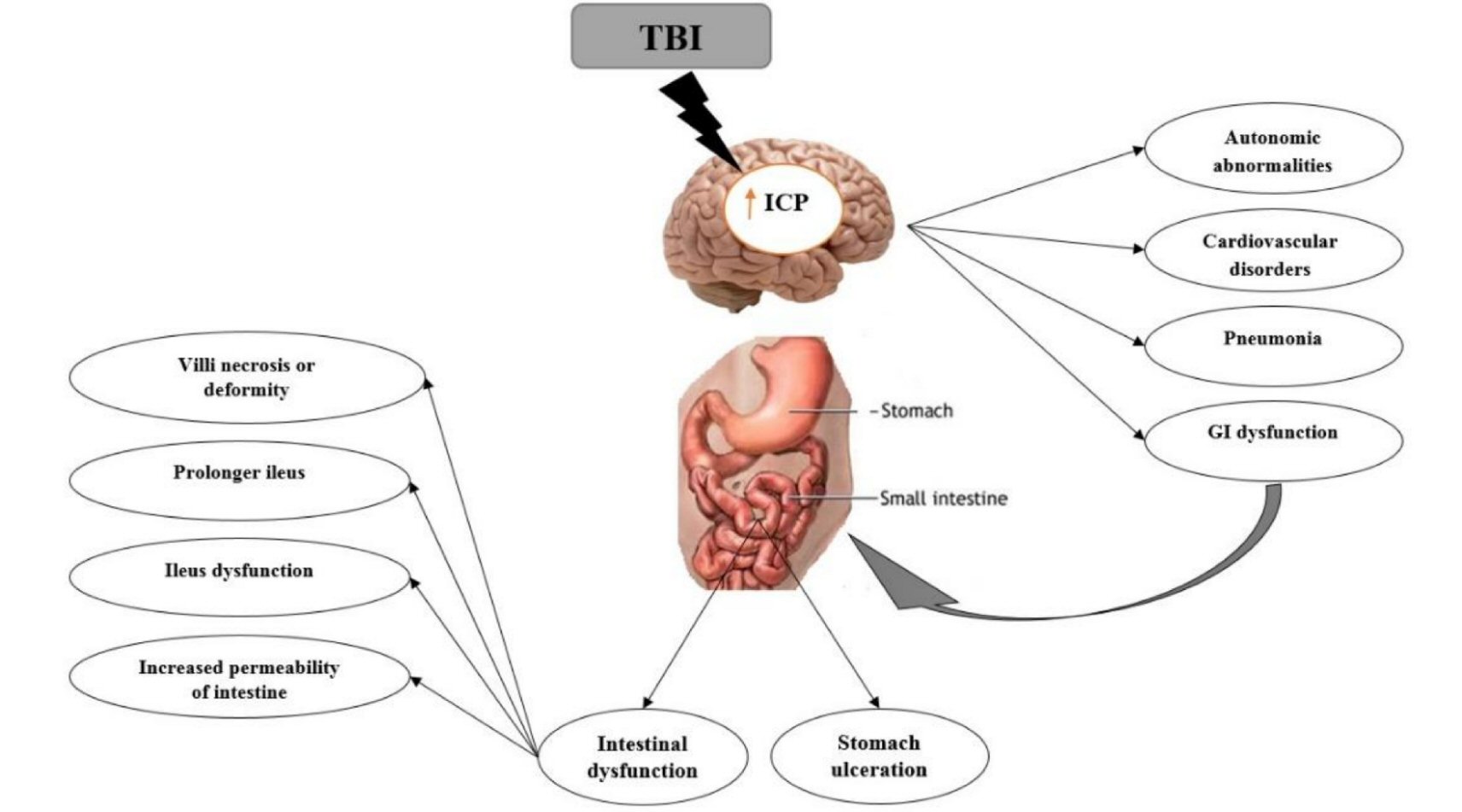
Figure 1. Brain-gut interactions. Some gastrointestinal dysfunction following TBI declared.
| Journal of Endocrinology and Metabolism, ISSN 1923-2861 print, 1923-287X online, Open Access |
| Article copyright, the authors; Journal compilation copyright, J Endocrinol Metab and Elmer Press Inc |
| Journal website http://www.jofem.org |
Review
Volume 7, Number 6, December 2017, pages 163-171
Traumatic Brain Injury and the Gastrointestinal Tract: The Role of Female Sexual Hormones
Figure

Table
| Compound of interest | Model of study | Underlying mechanisms of the observed results | References |
|---|---|---|---|
| IBS: irritable bowel syndrome; HRT: hormone replacement therapy; ICH: intracranial hypertension; ICP: intracranial pressure. | |||
| ICH | Change in gastric volume, following an ICP increase to 20, 40 and 60 mm Hg, respectively. | ICH decreases the gastric volume by increasing gastric tonus in anesthetized rats. | [48] |
| ICH | Amplitude and frequency of gastric contractions after ICH. | An increase in ICP increases the strength of gastric contractions. Increased amplitudes, without frequency changes. | [49] |
| IBS | Measurement of lower level of luteinizing hormone in middle-aged men & elevated level of sex hormone-binding globulin in young men. | Generally more prevalent diarrhea (compared to women with IBS). | [50, 51] |
| Hormone replacement therapy | Check the estrogen and progesterone supplementation | Increased prevalence of IBS in postmenopausal women during HRT, Prolongation of IBS symptoms to a later. | [52] |
| Late luteal phase (pre menses) | Evaluation of estrogen and progesterone levels | Exacerbation of bowel symptoms. Increased bloating. | [53, 54] |
| Menstruation (menses) | Study of lowest levels of estrogen and progesterone | Exacerbation of bowel symptoms. Increased abdominal pain/discomfort. | [55-57] |
| Pregnancy | Physiological hyper- estrogenemia and hyperprolactinemia | Decreased pain sensitivity and alleviation of many chronic pain syndromes. Exacerbation of constipation (prolonged gastrointestinal transit). | [58, 59] |
| Menopause | Measurement of reduction in ovarian hormones | High prevalence of constipation and somatic discomfort syndromes. | [60-62] |